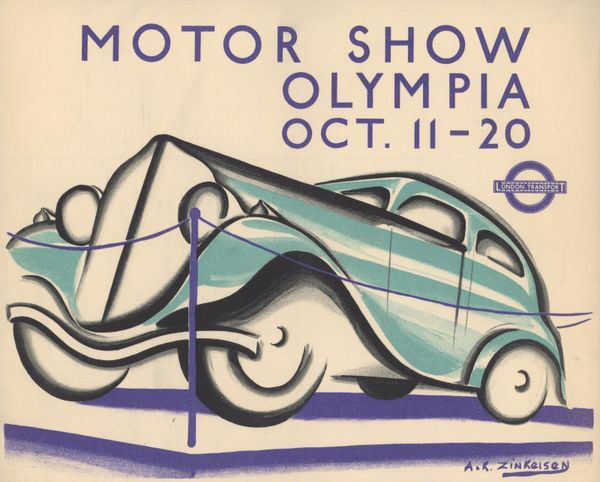Scientists Create EV Battery That Charges in Seconds
- Editor OGN Daily
- Apr 28, 2024
- 1 min read
Updated: May 3, 2024
A team from South Korea made the breakthrough with next-generation sodium batteries, which are both cheaper and safer than the conventional lithium-ion batteries found in smartphones and electric cars.

Sodium (Na) is a soft, silvery-white, highly reactive alkali metal that is 500 times more abundant than lithium, while also providing greater charge and efficiency than its Li-ion counterpart. Until now, Na-ion batteries have faced limitations preventing them from being adopted on any significant scale, including long charging times and a lack of storage capacity.
Happily, researchers from the Korea Advanced Institute of Science and Technology have succeeded in overcoming these obstacles to create a high-energy, high-power sodium-ion battery capable of rapid charging.
Furthermore, the new battery surpasses the energy density of commercial lithium-ion batteries and could be used in both EVs and consumer electronics. Whilst this is undoubtedly good news, it will no doubt be several years before the new Na-ion batteries are incorporated into cars and other electronic devices - but it's something to look forward to.
The breakthrough comes just weeks after a team of researchers in Japan discovered a new process for mass producing solid-state sodium batteries. The new technology could potentially eliminate range anxiety by significantly improving the charging capacity of electric car batteries, and more than doubling the range of current EVs.



